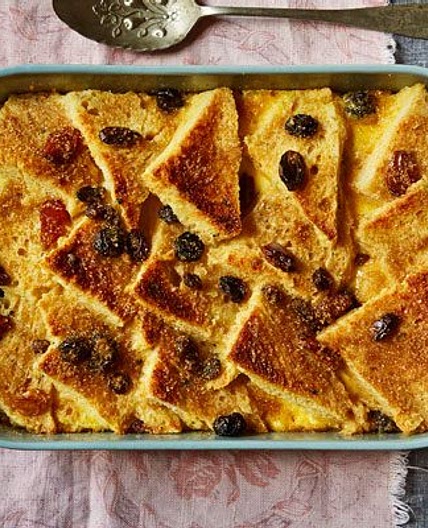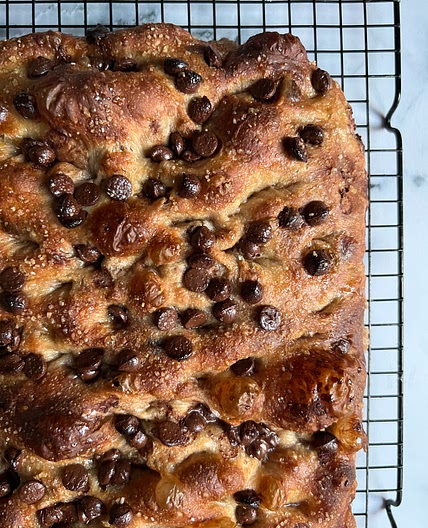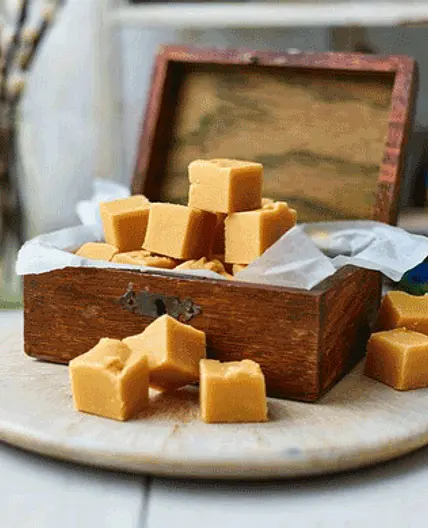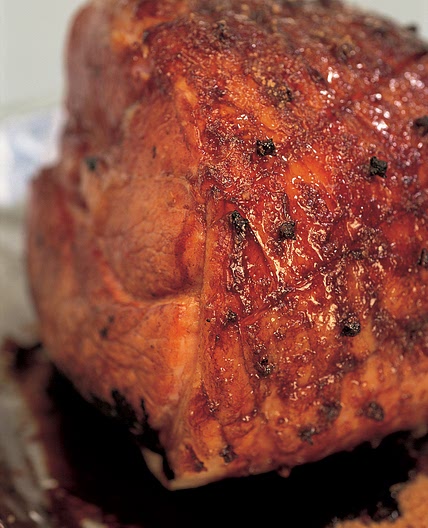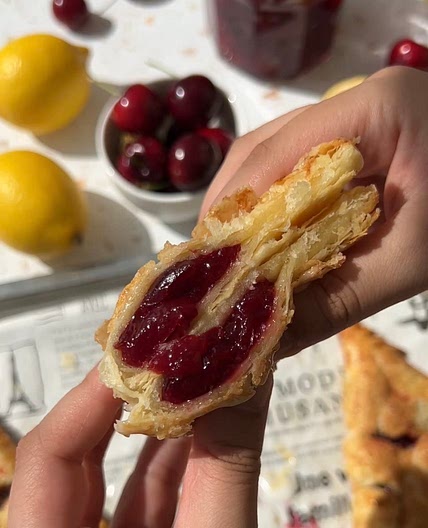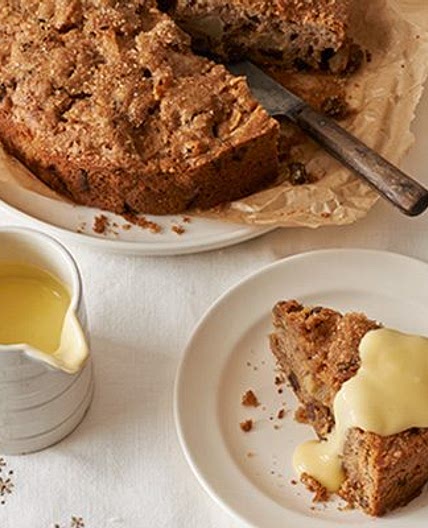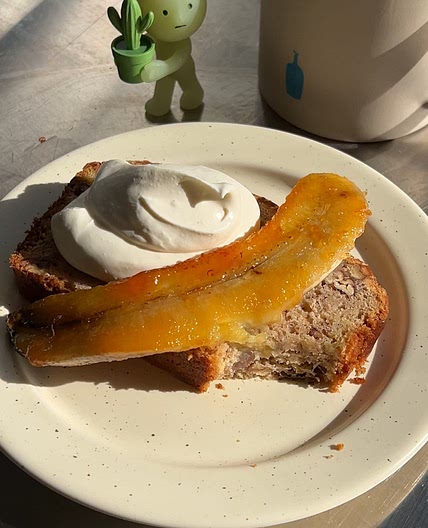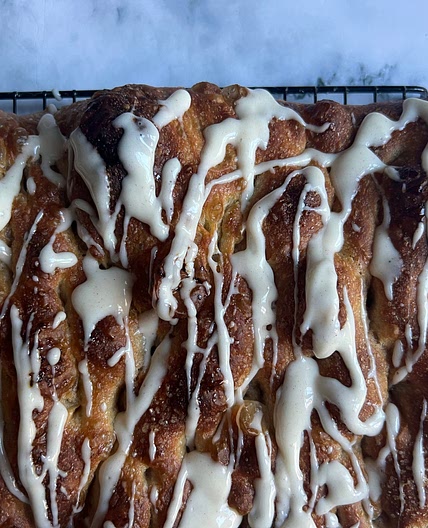Demerara sugar
 Pantry
PantrySweet tooth or not, sugar is something almost everyone has in their pantry. While white sugar is the tried and tested staple, there’s a huge range available – including demerara sugar. But not all of them are created equal, and while they all serve the purpose of sweetening your drink, baked treats, or other dishes they all have slightly different flavors and functions. Demerara sugar comes from the British colony of Guyana, which was originally known as Demerara. It’s a little less commonly found in your average pantry than other types of sugar, possibly because people tend to assume it’s the same as the stock-standard brown variety. But while demerara sugar is indeed one type of brown sugar, it’s not the type most people associate with the term. So what exactly is it then? It's less processed than white sugar, and also contains some molasses. That’s what gives demerara sugar its textbook toasty brown color, slightly caramelized flavor, and larger and coarser grain. Because of the texture and the slightly toffee-like taste, it’s often used as a garnish to add crunch and sweetness. Plus, it’s popular as a sweetener for drinks like coffee. However, the fact that it’s less processed doesn’t mean it’s healthier. Although it does have trace amounts of vitamins and minerals due to the molasses, both white and demerara sugar have the same amount of calories and will affect your blood sugar in the same way.
Demerara sugar nutrition and vitamin info per 100g
| Energy | 386.7099914550781 | kcal |
| Total Fat | 0 | g |
| Carbohydrate Total | 99.9800033569336 | g |
| Sugars | 99.80000305175781 | g |
| Protein | 0 | g |
| Sodium | 1 | mg |
| Fiber | 0 | g |
223 recipes to cook with Demerara sugar
Demerara sugar substitutes
- Regular substitute
Demerara sugar equivalents and varieties
Demerara sugar cooking tips
 Samsung Food
Samsung FoodIt’s often used as sprinkles to decorate cakes and muffins but can also be added to tea and coffee.
 Samsung Food
Samsung FoodDemerara sugar provides a nice, crunchy texture in baking.
